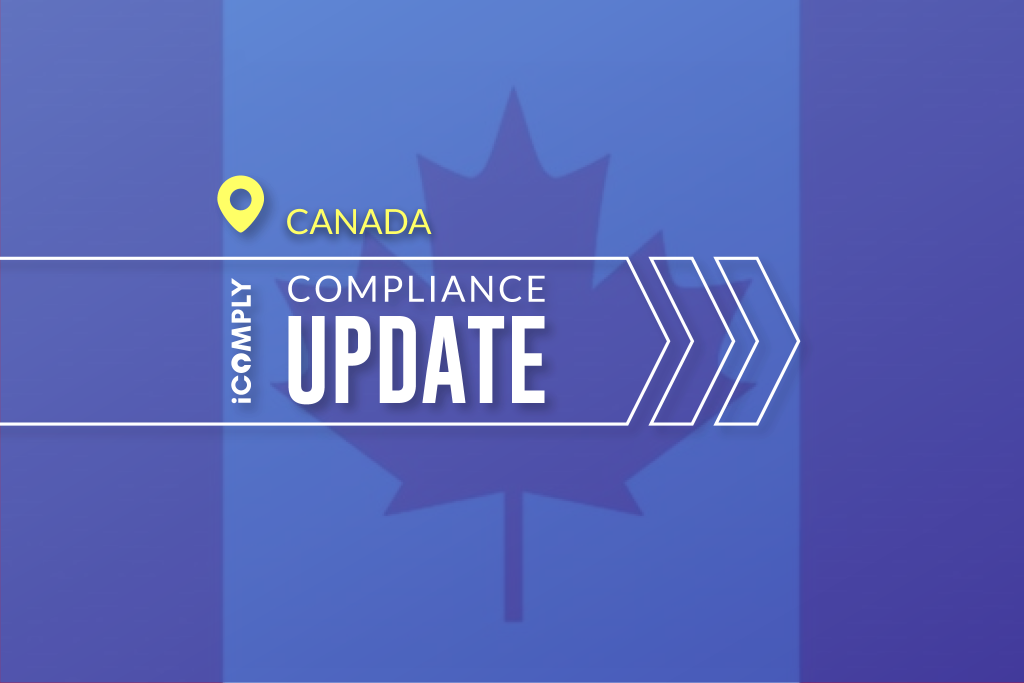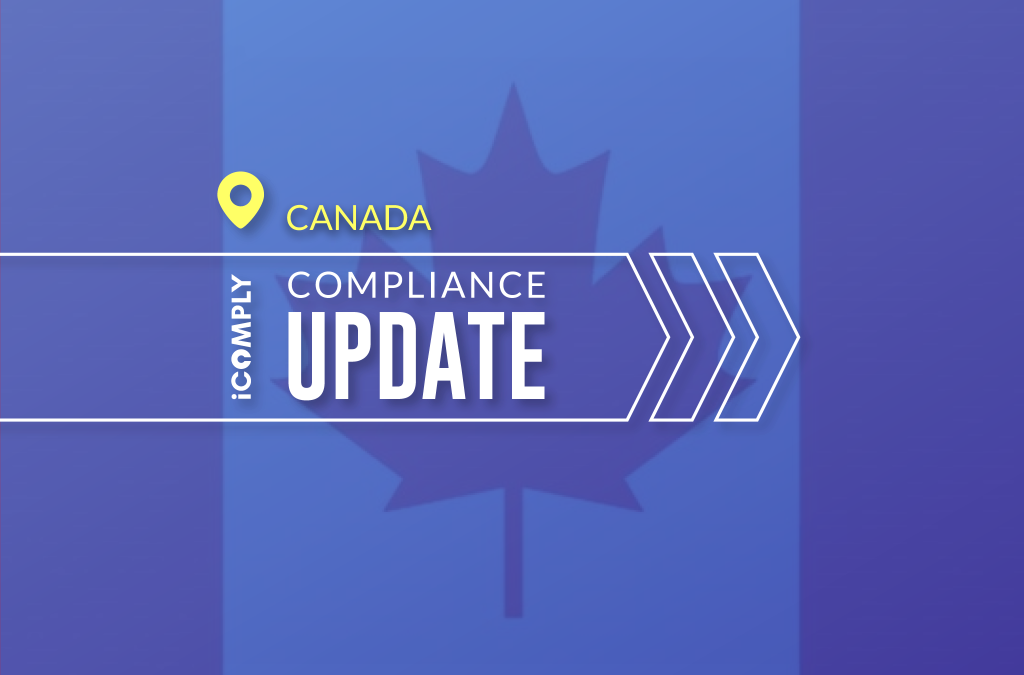IIROC Imposes $250,000 Fine on Laurentian Bank Securities Inc.

The Investment Industry Regulatory Organization of Canada fines Laurentian Bank Securities Inc. US$250,000 for not using a transaction monitoring system
What Happened?
April 16, 2020: Laurentian Bank Securities Inc.–a regulated investment dealer under the jurisdiction of the Investment Industry Regulatory Organization of Canada (IIROC)–was charged with failing to implement and maintain an adequate trading supervision system, which resulted in the organization failing to comply with AML obligations.
In a hearing that took place on April 24, 2020, the IIROC Hearing Panel accepted a settlement agreement, according to which Laurentian Bank Securities Inc. agreed to pay US$250,000 in fines.
Source: https://www.iiroc.ca/Documents/2020/227d22f8-bca1-49f9-8161-157d63ea9ffd_en.pdf
Who Is Impacted?
Businesses that facilitate the trading or exchange of regulated assets–including equities, debt, derivatives, and cryptocurrencies.
Why This Matters?
Failing to have a transaction monitoring system in place creates the risk of money laundering going unnoticed within your business.
Transaction monitoring is a requirement that, when overlooked, will result in staggering fines, sanctions, and damage to the integrity of your brand’s reputation.
What’s Next?
IIROC’s Trading Conduct Compliance department (TCC) is tasked with regularly examining and testing their participant’s transaction monitoring systems to identify any problems or concerns.
Laurentian Bank Securities Inc. will be required to address these concerns and to correct the deficiencies. Going forward, the firm can expect to face increased scrutiny and reputation damage and will continue to appear in AML screening for Adverse Media and Watchlists for years to come.
learn more
Is your AML compliance too expensive, time-consuming, or ineffective?
iComply enables financial services providers to reduce costs, risk, and complexity and improve staff capacity, effectiveness, and customer experience.
Request a demo today.
KYC for Gaming and Gambling: Ensuring compliance and preventing fraud in the gaming industry.
The gaming and gambling industry faces unique challenges in ensuring compliance and preventing fraud. Know Your Customer (KYC) processes are essential in this sector to verify the identities of players, detect fraudulent...
KYC for Insurance: How Insurance Companies Use KYC to Verify Policyholders
Insurance companies handle significant financial transactions and sensitive personal information, making robust Know Your Customer (KYC) processes crucial. Effective KYC practices help verify the identities of policyholders,...
KYC for Banking: Specific KYC requirements and practices in the banking sector.
The banking sector is at the forefront of KYC compliance due to the high risk of money laundering and financial fraud. Effective KYC practices in banking are essential for ensuring compliance, protecting the institution, and...




